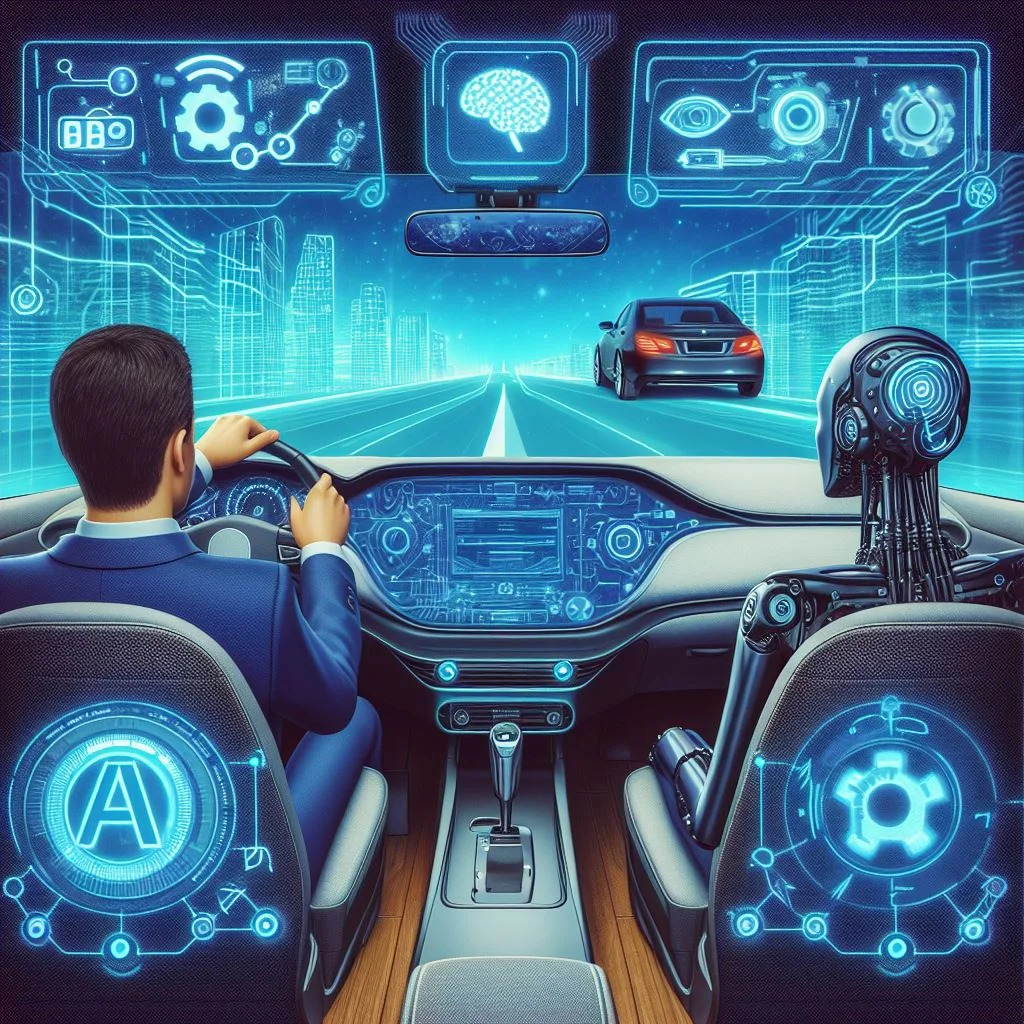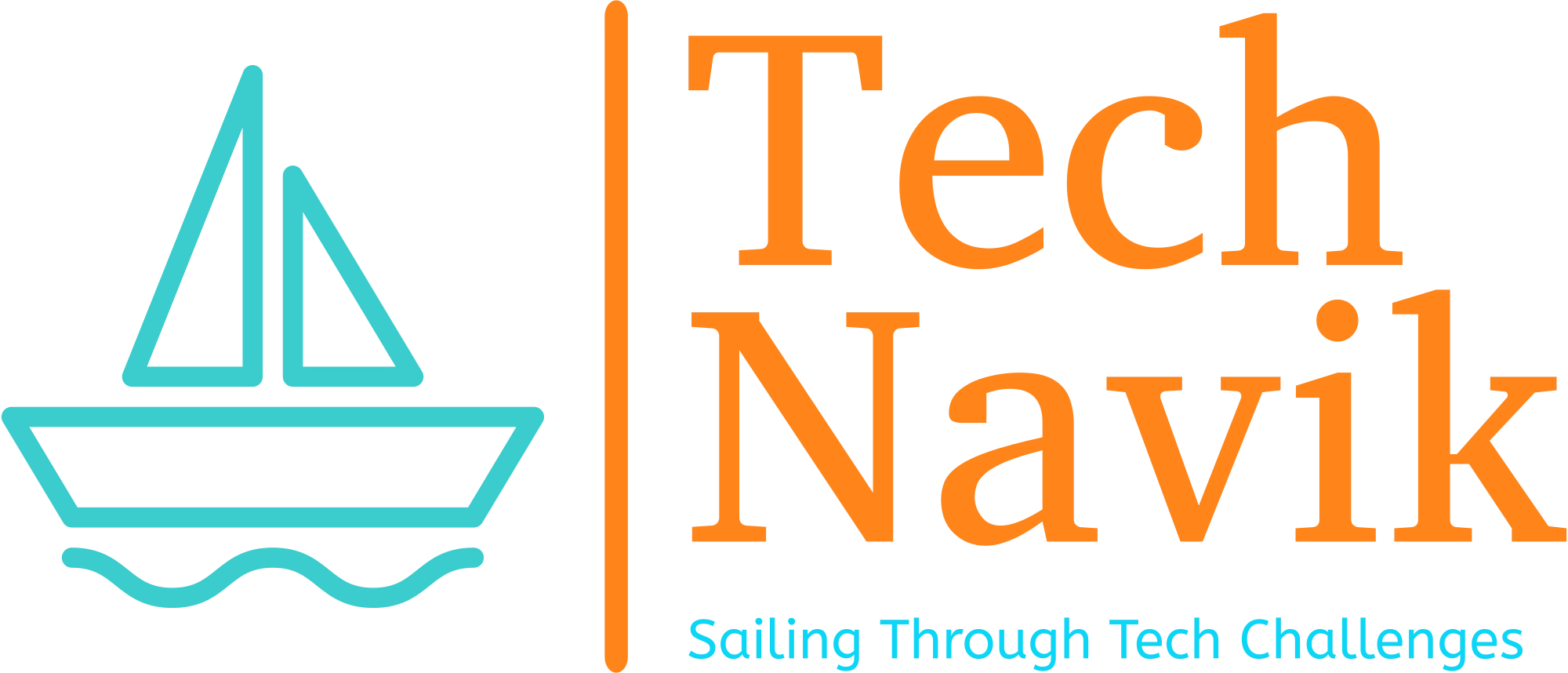The tech industry is abuzz with the rise of artificial intelligence (AI). Tools like Devin, an AI software engineer, showcase the potential for AI to automate tasks and revolutionize software development. But this progress sparks a crucial question: will AI eventually replace software engineers altogether, leaving a desolate wasteland of unemployed programmers in its wake?

AI’s Powerhouse Potential: Transforming the Coding Landscape
There’s no denying AI’s transformative power. Here’s a glimpse into how it’s reshaping the software development landscape:
- Automating the Mundane: Repetitive coding tasks like data validation, user interface generation, and unit testing are prime targets for AI automation. This frees up valuable time for human engineers to focus on more strategic and creative aspects of software development.
- Bug Annihilation Troops: AI-powered tools can analyze vast amounts of code with superhuman precision, identifying potential bugs and vulnerabilities at an unprecedented rate. This significantly reduces the time and resources spent on debugging, leading to faster and more reliable software releases.
- Code Generation on Demand: Imagine feeding your requirements into a system and receiving a functional code base in return. While still in its early stages, AI-powered code generation can churn out basic code structures based on specified functionalities, accelerating development cycles for simpler projects.
Beyond the Code: Where AI Falls Short (for Now)
While AI demonstrates impressive capabilities, it currently lacks the human touch that’s essential for successful software development:
- The Creativity Conundrum: Software engineering isn’t just about writing code; it’s about crafting innovative solutions to complex problems. AI currently struggles with true creativity, the ability to generate novel ideas and approaches that push the boundaries of what’s possible.
- Domain Expertise Deficit: Understanding the intricacies of a specific industry or niche is crucial for building software that truly meets user needs. AI lacks real-world experience and the ability to grasp the subtle nuances of different domains, often leading to generic solutions that might not fit the bill.
- Communication Breakdown: Software development thrives on effective communication and collaboration between engineers, designers, and stakeholders. However, AI tools currently lack the ability to seamlessly interact with human teams, hindering the collaborative spirit that drives successful projects.
The Future We Face: Collaboration, not Competition
Instead of fearing complete job replacement, software engineers should view AI as a powerful collaborator poised to elevate the entire development process. Here’s what the future might hold:
- Shifting Gears: A New Focus With AI handling the more mundane tasks, engineers will dedicate their time to strategic planning, system design, and tackling intricate development challenges that require human ingenuity.
- Lifelong Learning is Key: The tech landscape is constantly evolving, and the rise of AI will only accelerate this trend. To stay ahead of the curve, software engineers will need to embrace lifelong learning, continuously acquiring new skills and adapting to the changing needs of the industry.
- A New Frontier of Opportunities: The integration of AI will likely create entirely new job opportunities in the field. Roles like AI development specialists, human-AI collaboration managers, and ethical AI implementation specialists might emerge, requiring a new skillset from the workforce.
The Entry-Level Conundrum: A More Nuanced Look
The impact of AI on entry-level software engineering jobs is a topic of much discussion. While AI might automate some basic coding tasks currently handled by junior programmers, it’s important to consider several factors:
- Upskilling for Survival: As AI takes over more basic tasks, the demand for entry-level engineers might shift towards those with additional skills. Junior programmers who can leverage their coding foundation and develop expertise in areas like AI fundamentals, user experience design, or cloud computing will remain highly sought-after.
- The Human Edge: The ability to solve problems creatively, think critically, and communicate effectively will always be valuable assets in software development. AI cannot replicate these human skills, ensuring a continued demand for engineers who possess them, regardless of their experience level.
Beyond “Liking” Things: AI’s Emotional Intelligence Gap
It’s important to clarify that AI tools like Devin don’t possess human emotions. Assigning emotions like “liking” things to AI is more a figure of speech. AI is currently focused on completing tasks and lacks the emotional intelligence to form preferences or opinions in the way a human can.
The Human Factor: Why AI Can’t (and Shouldn’t) Replace Us (continued)
- The Power of Intuition: Experienced engineers often rely on intuition and gut feelings to make informed decisions during the development process. While AI can analyze vast amounts of data, it currently lacks the ability to tap into this valuable human intuition that can guide crucial choices and lead to innovative solutions.
- The Empathy Edge: Understanding user needs and building software that resonates with them requires empathy, a quality humans possess in abundance. AI can analyze user data and predict behavior, but it can’t truly understand the emotional desires and frustrations that drive user choices. This is where human engineers step in, using their empathy to craft software experiences that are not just functional, but truly user-centric.
- The Passion Project: Software development is often driven by passion. Engineers pour their creativity and dedication into building software that they believe in. AI, while a powerful tool, lacks this human spark of passion that can elevate a project from good to great.
The Takeaway: A Symbiotic Future Awaits
The rise of AI in software development shouldn’t be viewed with fear, but rather with excitement. By viewing AI as a collaborator, software engineers can harness its power to automate mundane tasks and free themselves up to focus on the aspects of development that require a human touch – creativity, domain expertise, communication, and empathy. This human-AI collaboration will usher in a new era of software development, characterized by increased efficiency, innovation, and the creation of software solutions that truly address the needs of the users.
The future belongs not to AI overlords or jobless programmers, but to a collaborative spirit where AI empowers human engineers to achieve their full potential. As Albert Einstein aptly stated, “The true sign of intelligence is not knowledge but imagination.” Let’s embrace AI as a tool to amplify our imagination and build a future where human ingenuity and AI’s processing power work together to create the next generation of groundbreaking software.
